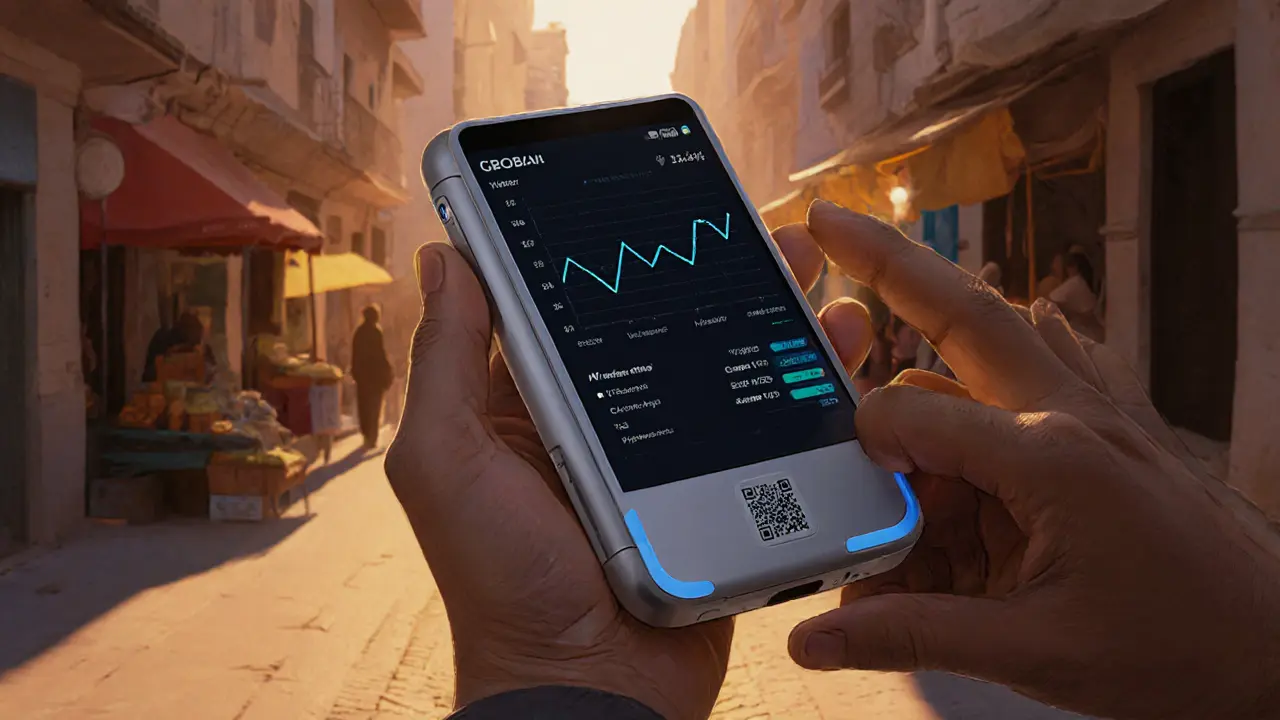International Payments Crypto
When working with International Payments Crypto, the use of cryptocurrencies to send money across borders quickly, cheaply, and securely. Also known as crypto cross‑border transfers, it bridges gaps left by traditional banking, cuts fees, and operates 24/7. international payments crypto isn’t just a buzzword; it’s a real way to move value worldwide without waiting days for a wire.
The backbone of these transfers is blockchain, a distributed ledger that records every transaction in an immutable way. Because the ledger is public, participants can verify funds instantly, which is why stablecoins, cryptocurrencies pegged to a fiat currency to reduce volatility have become the go‑to asset for cross‑border payments. Stablecoins combine the price stability of dollars or euros with the speed of crypto, so businesses and workers can avoid the wild swings of Bitcoin or Ether when sending salary abroad. Another key piece is cross‑border remittances, money sent by migrants to families in other countries. Traditional remittance channels charge 5‑10% in fees and can take a week or more; using crypto, those costs shrink to under 1% and settlement happens in minutes. In short, International Payments Crypto encompasses cross‑border transactions, requires stablecoins for price certainty, and relies on blockchain for trust‑less settlement.
What does this mean for you? If you’re a freelancer, a small business, or simply someone sending money to relatives overseas, the tools covered in the articles below can help you pick the right platform, avoid costly middlemen, and stay compliant with regulations. You’ll find reviews of crypto exchanges that support fast transfers, guides on using stablecoins for daily payments, and deep dives into how emerging technologies like decentralized identity are tightening security for international moves. All of these pieces fit together to show how crypto is reshaping the way money travels across borders. Keep reading to discover practical tips, real‑world examples, and the latest trends in crypto‑powered international payments.

How Moroccans Use Crypto for International Payments Amid the Ban
Explore how Moroccans bypass a strict crypto ban to send international payments, the rise of underground Bitcoin networks, and the central bank's plans for a regulated CBDC.
